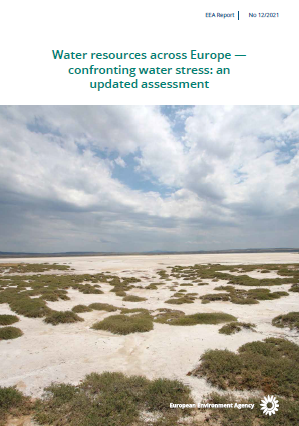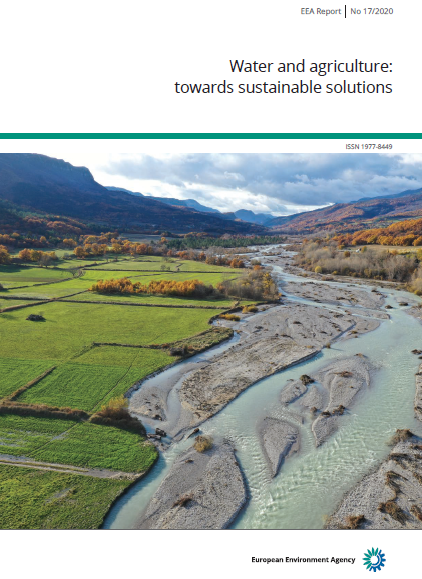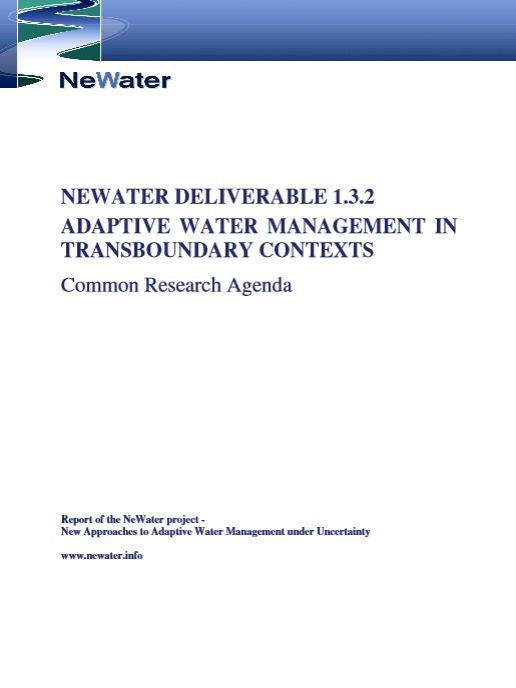Drivers of and Pressures Arising from Selected Key Water Management Challenges
A European overview
- Publication
- Citation
European Environment Agency (ed.) 2021: Drivers of and pressures arising from selected key water management challenges. A European overview. EEA Report No 09/2021. Luxembourg: Publications Office of the European Union.
The new EEA report "Drivers of and pressures arising from selected key water management challenges – A European overview" has been co-authored by the Ecologic Institute, the German Federal Environment Agency and the EEA. The report gives a European overview of the main drivers and pressures that are at the core of key water management challenges putting European water bodies most at risk of not achieving key environmental objectives.
The report also provides background information on the European Green Deal and its associated strategies (e.g. biodiversity strategy for 2030, Farm to Fork strategy, the zero pollution action plan), whose main ambitions include to harmonise the objectives and management responses of different policies to tackle key water management challenges in the EU.
Key problems affecting the status of European waters include pollution from urban and industrial waste water, diffuse pollution from agriculture, and pollution from mining and dwellings that are not connected to a sewage system. 22 % of Europe's surface water bodies and 28 % of the groundwater area are significantly affected by diffuse pollution from agriculture, both by nutrients and pesticides. Deposition of air pollutants, particularly mercury, leads to poor chemical status of Europe's water bodies. In addition, about 34 % of surface water bodies are significantly affected by structural changes, linked to hydropower, navigation, flood protection or water storage for other purposes such as irrigation. Other important pressures include aquaculture and invasive alien species as well as abstractions and water scarcity.
The EEA report shows that a broad range of measures are already available to improve the state of Europe's water bodies. Water retention measures, nature-based solutions and land use change measures offer multiple benefits. Better and more coherent implementation of the existing legislation – including the Urban Waste Water Treatment Directive, the Floods Directive, and the Water Framework Directive – would reduce key pressures on water. Further, all water-using sectors, such as agriculture, energy, mining, aquaculture and navigation, should adopt management practices that can keep water ecosystems healthy and resilient.


